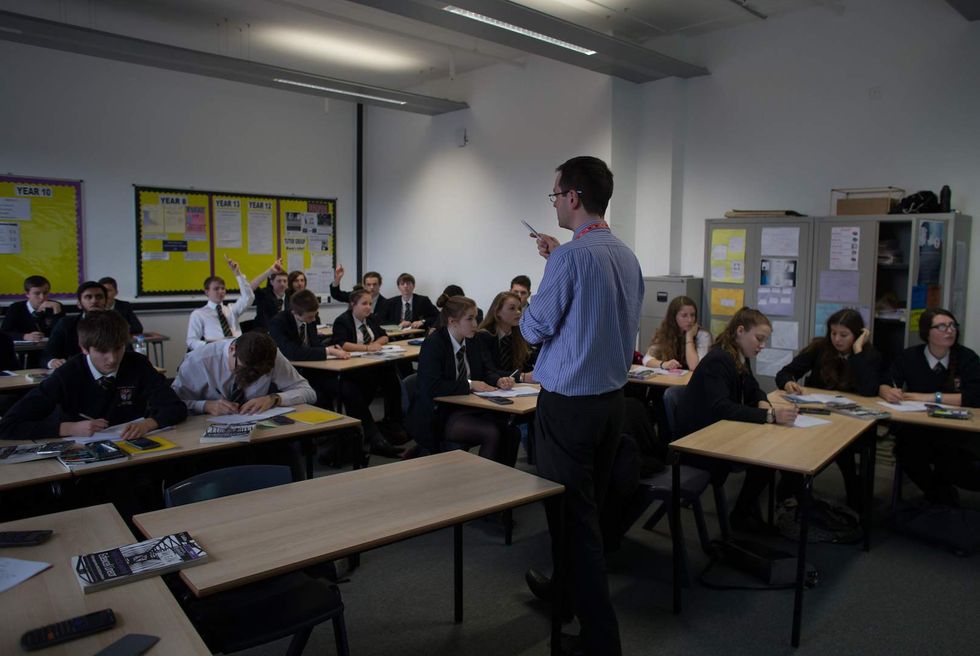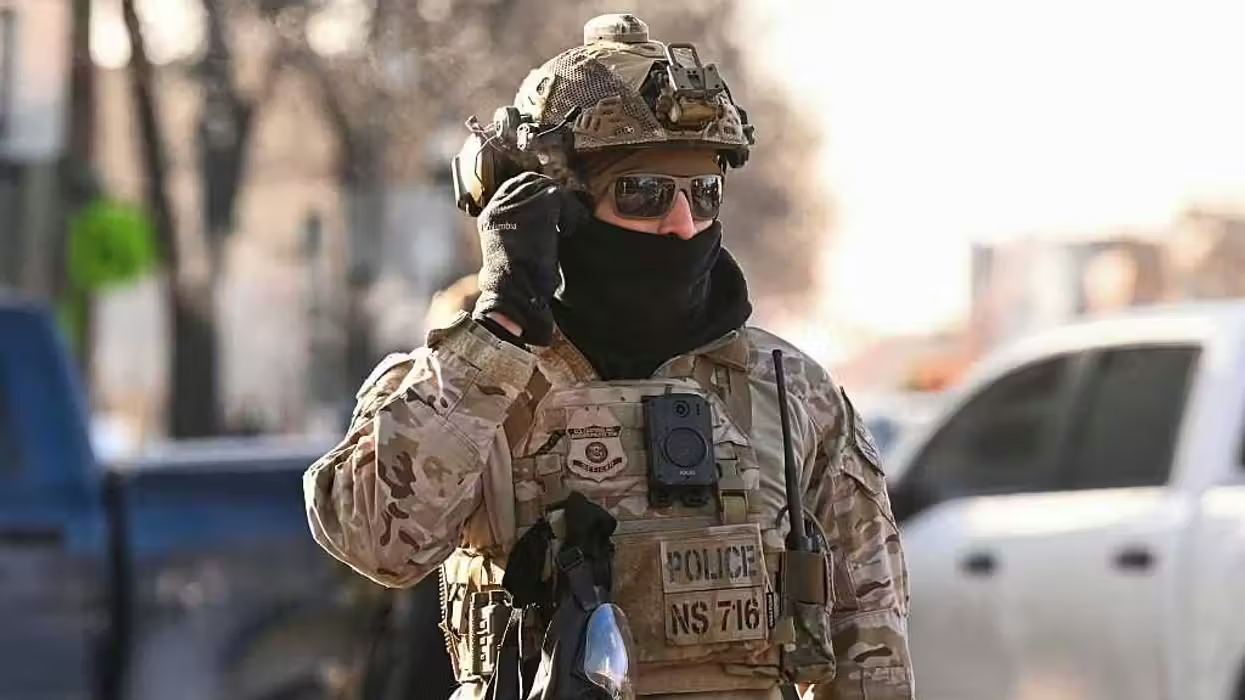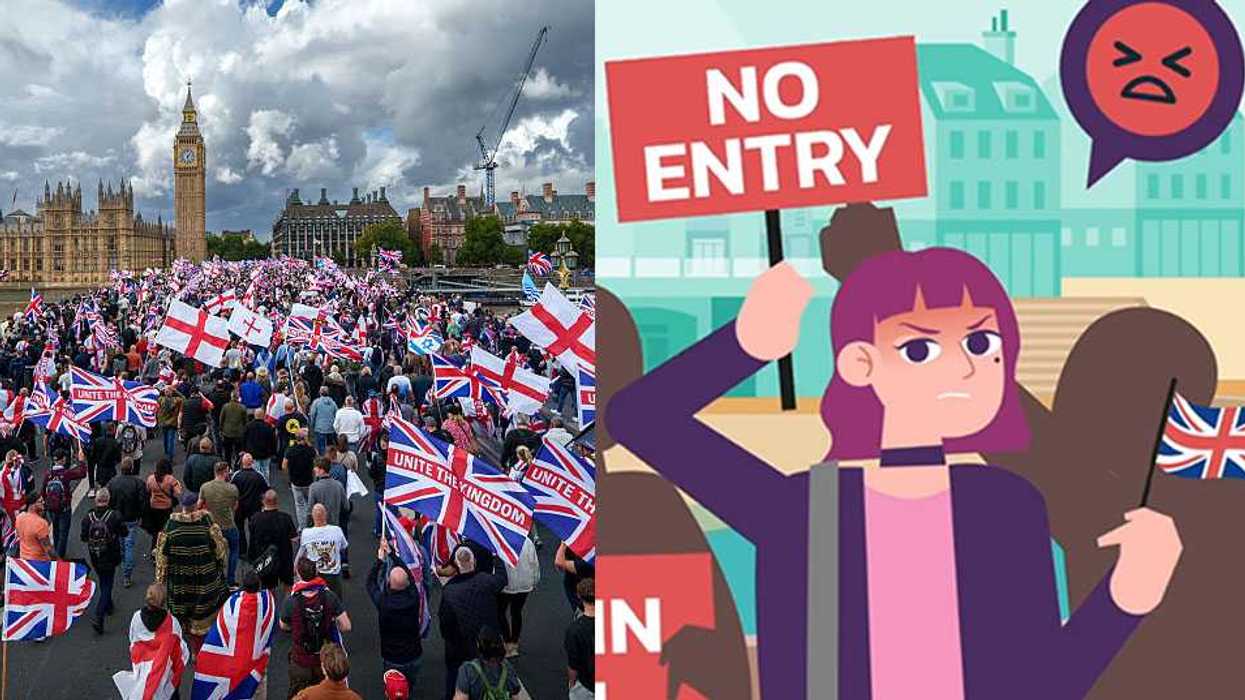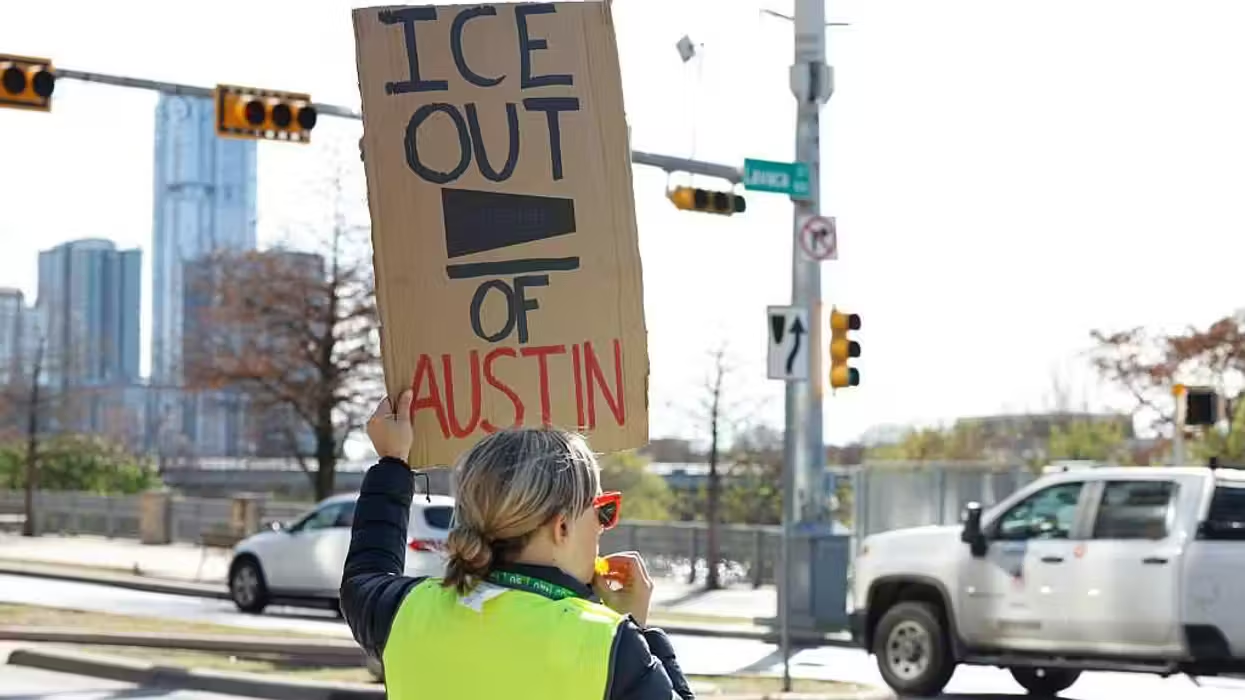A new teaching resource in the United Kingdom that compares Islamic terrorists to early-1900s suffragettes, instructs teachers to instill feelings of "tolerance and respect" into students and suggests exercises such as writing letters to terrorists in order to better understand their motives.
The book, "Talking About Terrorism: Responding to Children's Questions," which was published just one week before the deadly Manchester bombing, is an instructional guide for teachers and parents on how to talk to students as young as 7 about terrorists and terrorist acts.
The guidebook, according to its description by publisher Brilliant Publications, hopes to "stimulate critical thinking and encourage creative investigation of key themes."
"Each section has inspiring stories of peacemaking and reconciliation, about the power of love over hate, of non-violence over violence and the importance of tolerance and respect," the description says.
Peter Wanless, CEO of the National Society for the Prevention of Cruelty to Children, wrote in the foreword that, since adults cannot shield children from terrorist acts due to consistent media coverage, the book will help teachers educate children on tolerance and discourage them from committing acts that could "hurt themselves or others":
If we are to reassure our young people, encourage their tolerance of others, and prevent them from being groomed into acts that could hurt themselves or others, we must talk with them and educate them. This book sets out to help teachers do just that. The Internet and 24-hour news cycle means that it is impossible to shield children from the reality of terrorist attacks. But, with open conversation and clear explanations, we can help them feel safe and know that the world is still a good place.
The book suggests that terrorists are people who commit atrocities because they were treated “unfairly and not shown respect." The guide also offers examples of people who were also considered terrorists but were later celebrated as heroes, such as the suffragette movement in the late 1800s and early 1900s who protested for their right to vote.
“The Suffragettes used violence and were called terrorists," the guide states. “Today many people think of them as brave women and admire their struggle for the right to vote.”
According to Heat Street, the book also suggests that children be invited to "write a letter to a terrorist. If they could ask a terrorist six questions, what would they be?”
Also, the book's description says that kids are encouraged to have discussions and debates about terrorism, as well as engaging in "creative investigation of key themes" through the use of "role-play, poetry, and music composition."
Chris McGovern, chairman of the Campaign for Real Education, criticized the book, saying, “This is a crackpot idea based on the misguided notion that primary school children must engage with, and show 'respect' for, religious fanatics who are seeking to kill them," the Express reported.
“The primary school classroom is not the place to humanise (sic) terrorism by ‘pretend dialogue’,” McGovern said.







